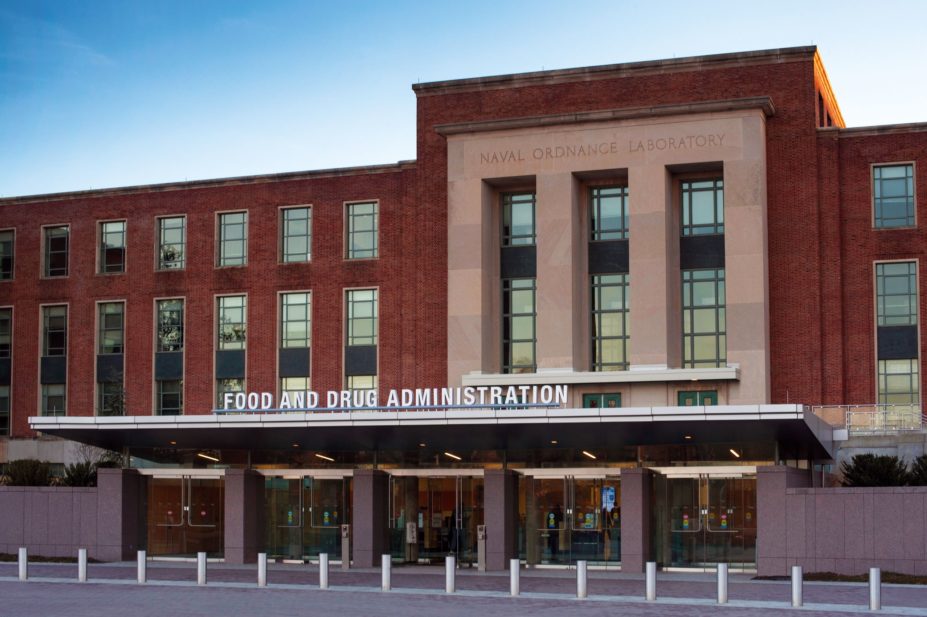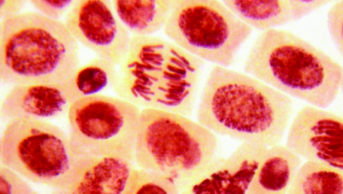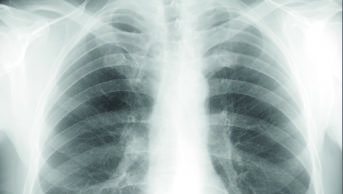
Wikipedia / Creative Commons
The first drug of its kind to be made available in the United States for children with a specific form of the inherited disorder, Batten disease, has been approved by the US Food and Drug Administration (FDA).
Cerliponase alfa (Brineura; BioMarin Pharmaceutical Incorporated) can be used to treat patients over the age of three years who have late infantile neuronal ceroid lipofuscinosis type 2 (CLN2), also known as tripeptidyl peptidase-1 (TPP1) deficiency.
CLN2 is a rare form of Batten disease which typically affects the nervous system and can trigger language delay, recurrent seizures and cause difficulty with coordination. Cerliponase alfa is a recombinant form of human TPP1, which is deficient in CLN2 patients. It is administered into the cerebrospinal fluid by infusion via a surgically implanted reservoir and catheter in the head.
The FDA’s decision to approve the treatment was based on the outcome of a non-randomised single arm dose escalation clinical study involving 22 symptomatic paediatric patients with CLN2 compared to 42 CLN2 untreated patients of at least three years old who also had motor or language symptoms.
Cerliponase alfa-treated patients showed fewer declines in walking ability compared to untreated patients.
Common side effects included fever, slow heart rate, hypersensitivity, vomiting, seizures, haematoma and headache.
The FDA has requested that the manufacturer evaluate the safety of the drug in patients aged under two years and commit to a minimum ten-year drug safety study.
Cerliponase alfa received FDA priority review and breakthrough therapy and orphan drug statuses in recognition of its potential to target rare diseases.
It was included in the FDA’s ‘Rare pediatric disease priority review voucher’ programme, which encourages manufacturers to develop new drugs and biologics for the prevention and treatment of rare paediatric diseases.


